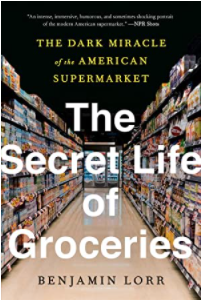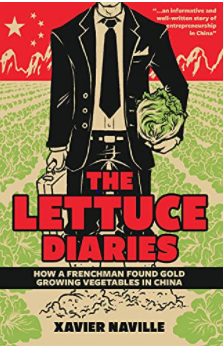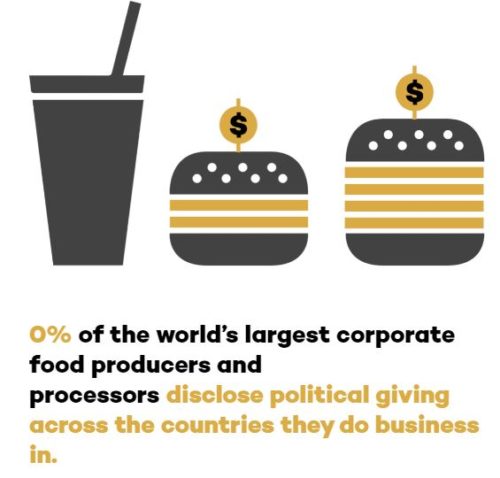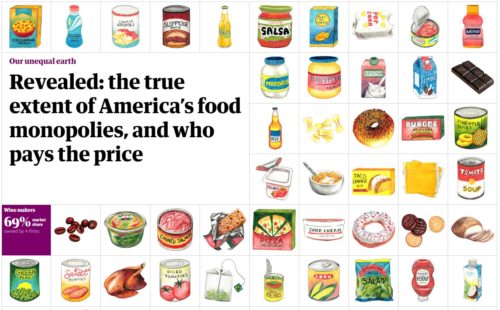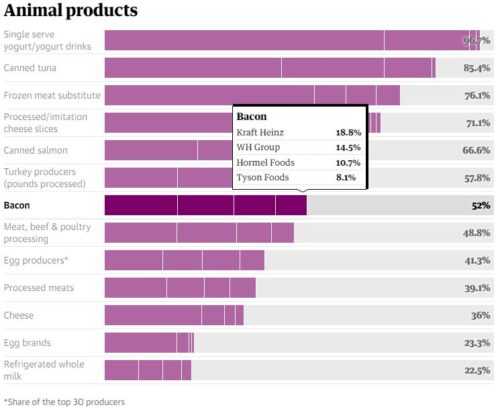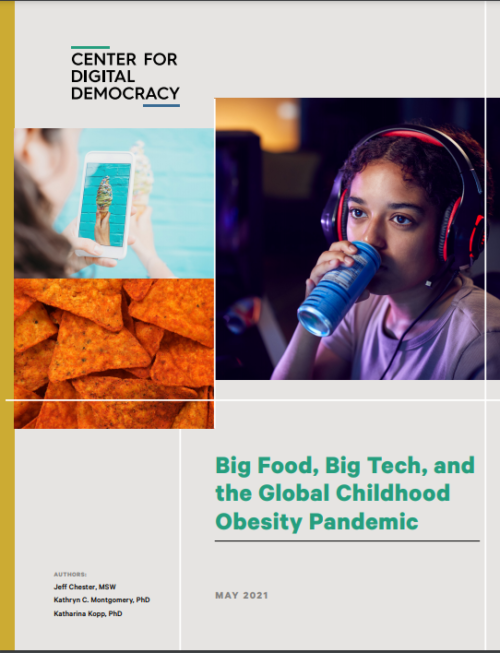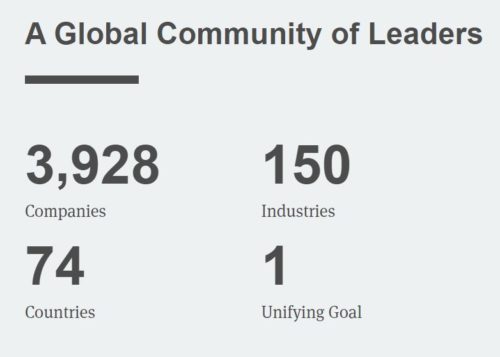The White House: meat companies have too much power
I was amazed to see this announcement from the White House, of all places: “Recent Data Show Dominant Meat Processing Companies Are Taking Advantage of Market Power to Raise Prices and Grow Profit Margins.”
In September, we explained that meat prices are the biggest contributor to the rising cost of groceries, in part because just a few large corporations dominate meat processing. The November Consumer Price Index data released this morning demonstrates that meat prices are still the single largest contributor to the rising cost of food people consume at home. Beef, pork, and poultry price increases make up a quarter of the overall increase in food-at-home prices last month.
The big concern is consolidation—monopoly power—in the meat industry.
Four large conglomerates control approximately 55-85% of the market for pork, beef, and poultry, and these middlemen were using their market power to increase prices and underpay farmers, while taking more and more for themselves…their gross profits have collectively increased by more than 120% since before the pandemic, and their net income has surged by 500%. They have also recently announced over a billion dollars in new dividends and stock buybacks, on top of the more than $3 billion they paid out to shareholders since the pandemic began.
The bottom line?
The meat price increases we are seeing are not just the natural consequences of supply and demand in a free market—they are also the result of corporate decisions to take advantage of their market power in an uncompetitive market, to the detriment of consumers, farmers and ranchers, and our economy [bold face in original].
Will the Biden Administration be able to do anything about this level of monopoly power? Stay tuned.

